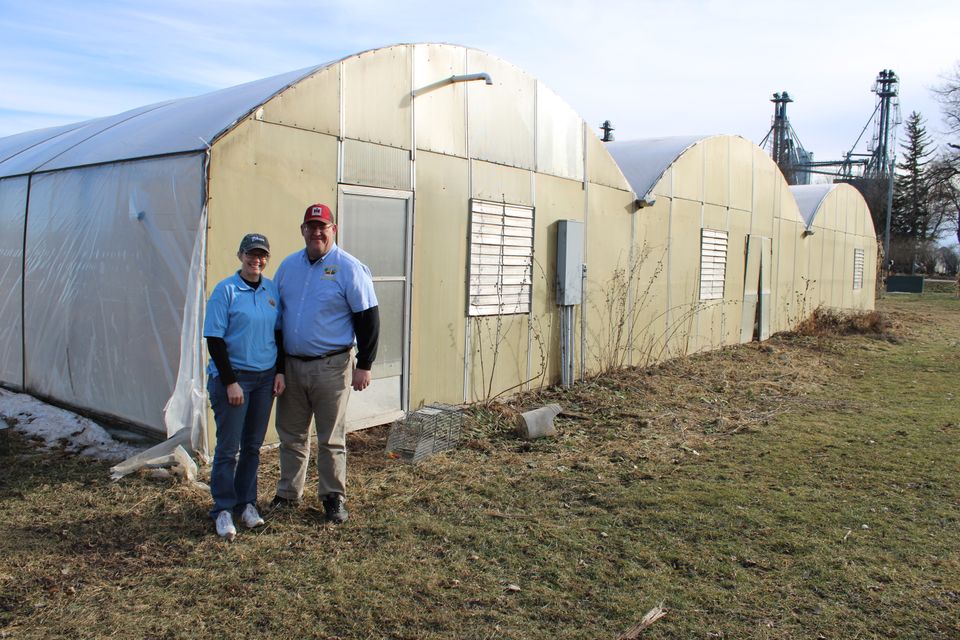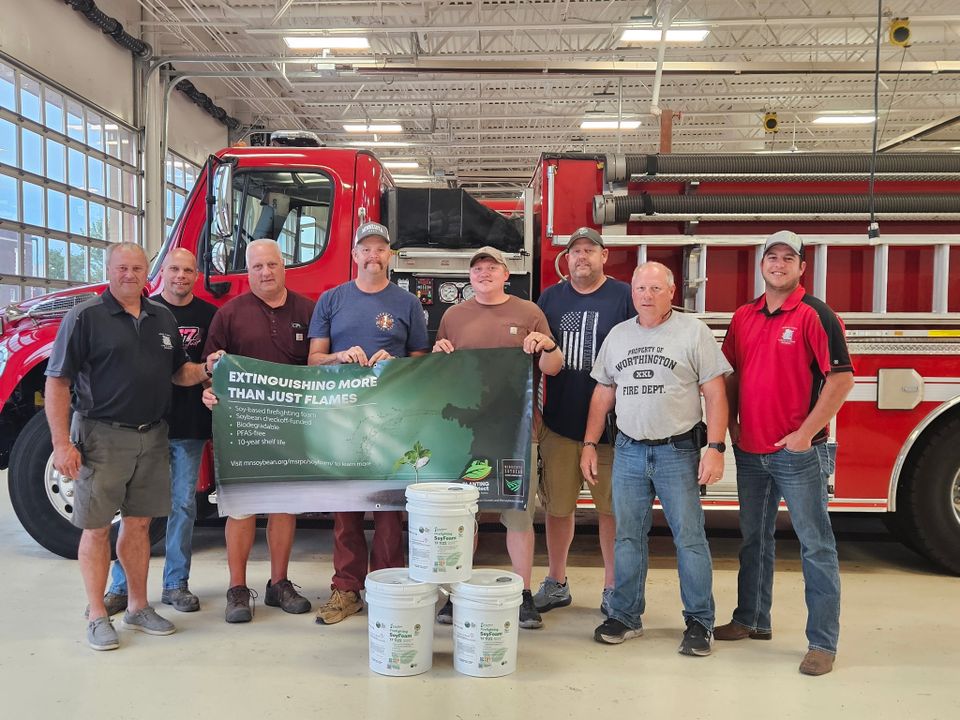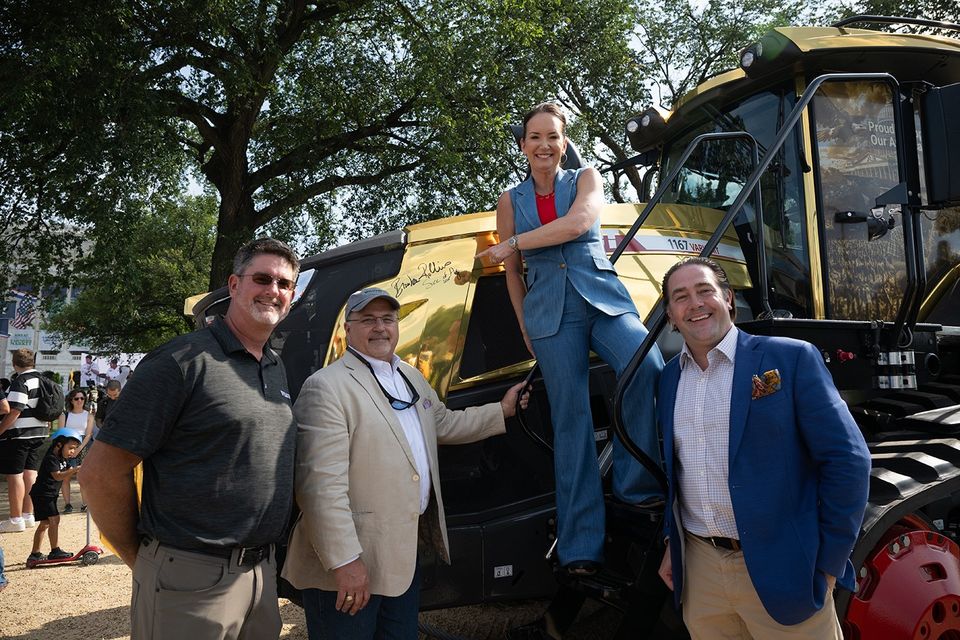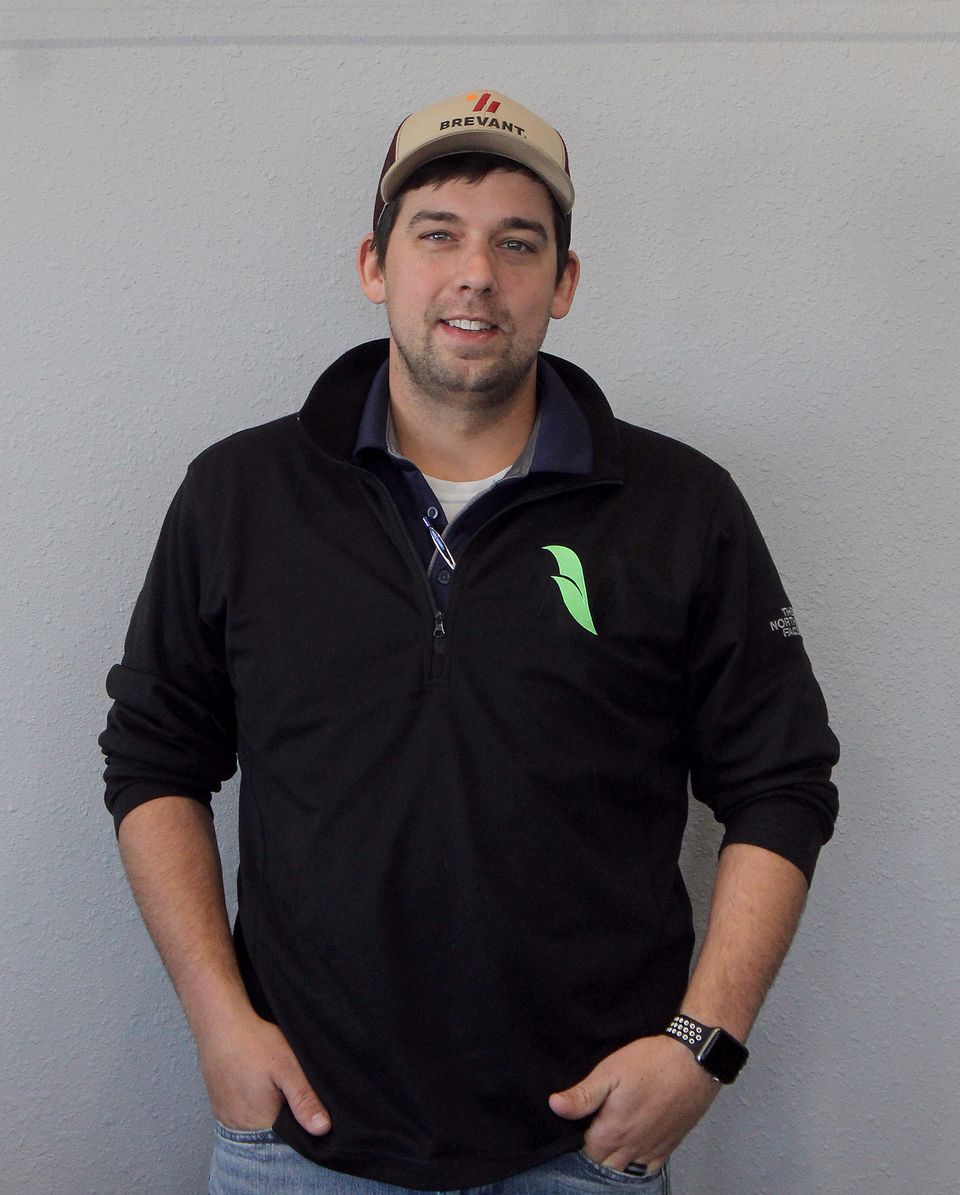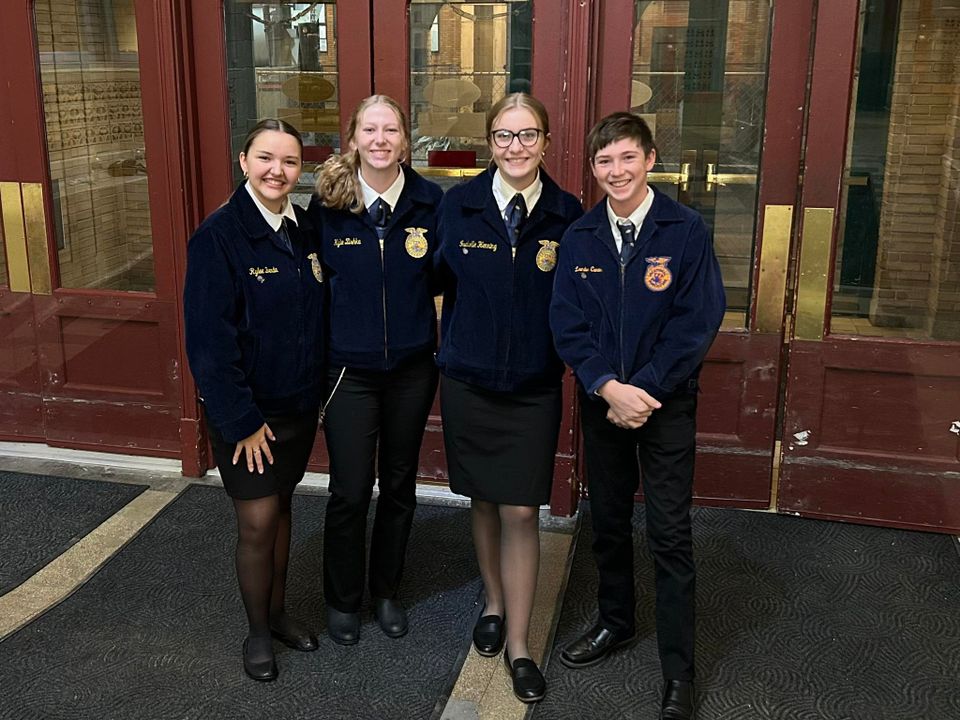Crew at Corteva’s Jackson seed plant has much to celebrate in 2026
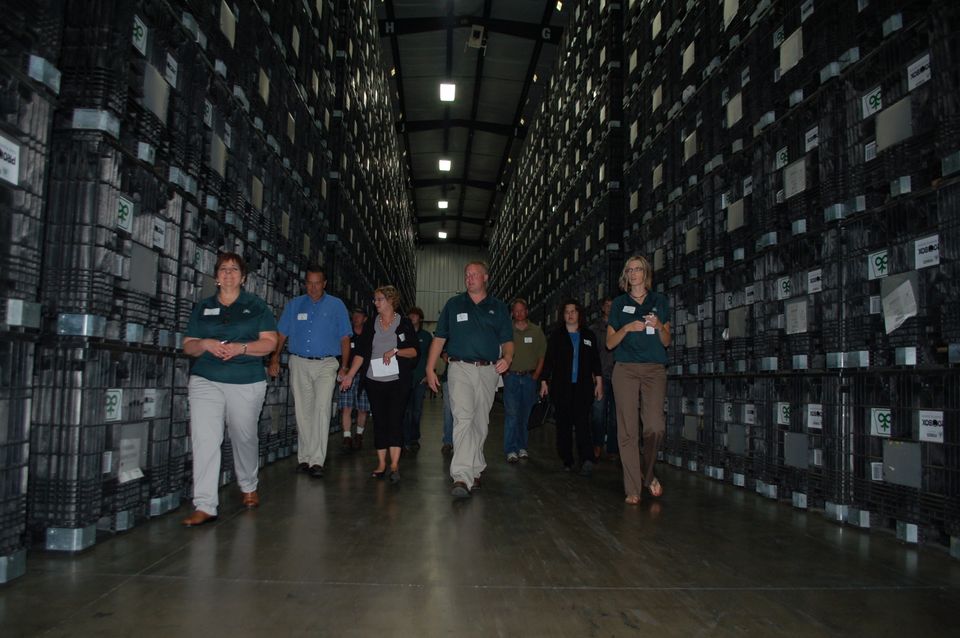
Facility turns 45,
Pioneer brand marks a century
The crew at Corteva Agriscience’s Jackson Seed Production Facility has a lot to celebrate in 2026.
Plant staff will not only celebrate 45 years of operation in Jackson’s industrial park, but also mark 100 years of Pioneer seed, the global flagship brand of Corteva Agriscience.
Both the Jackson plant and the Pioneer seed brand have humble roots.
The Jackson plant began with seven employees processing seed beans grown on 10,000 acres in eastern Jackson County back in 1981. Today, it is a key part of Corteva’s extensive seed and crop protection network.
The Pioneer seed brand began on a small farm owned by Henry and Ilo Wallace in Johnson, Iowa, back in 1926. Founded as Hi-Bred Corn Co. — and later dubbed “Pioneer Hi-Bred Corn Co.” — the business was the first in the world develop, grow and sell hybrid seed corn. By the 1930s, Pioneer had expanded sales across the United States, becoming a leading supplier of hybrid seed corn.
The company began international sales, research and seed production in the 1950s and ’60s, then changed its name to Pioneer Hi-Bred International and established a separate overseas subsidiary in 1970. DuPont purchased 20 percent of Pioneer Hi-Bred International in 1997, then the remaining shares in 1999. In 2018, DuPont Pioneer became part of the Agriculture Division of DowDuPont, then part of standalone agriculture company Corteva Agriscience in 2019.
Caroline Ahn, global media relations representative for Corteva, said Pioneer has pioneered a number of innovations over the years. It launched the first million-unit corn product in 1947, the first insect-protected corn in 2010, the first drought-tolerance native trait in corn in 2011 and the first biotech high oleic oil soybeans in 2012. She said Pioneer brand Z-Series soybean variety P49Z02E is the world’s top-yielding soybean variety, Pioneer P14830VYHR is the world’s top-yielding corn hybrid and Pioneer brand 86G42 is the world’s top-yielding dryland sorghum variety.
Today, Pioneer brand seed is sold is around 70 countries across the globe and is the top corn and soybean brand in the United States.
Pioneer brand marks a century
The crew at Corteva Agriscience’s Jackson Seed Production Facility has a lot to celebrate in 2026.
Plant staff will not only celebrate 45 years of operation in Jackson’s industrial park, but also mark 100 years of Pioneer seed, the global flagship brand of Corteva Agriscience.
Both the Jackson plant and the Pioneer seed brand have humble roots.
The Jackson plant began with seven employees processing seed beans grown on 10,000 acres in eastern Jackson County back in 1981. Today, it is a key part of Corteva’s extensive seed and crop protection network.
The Pioneer seed brand began on a small farm owned by Henry and Ilo Wallace in Johnson, Iowa, back in 1926. Founded as Hi-Bred Corn Co. — and later dubbed “Pioneer Hi-Bred Corn Co.” — the business was the first in the world develop, grow and sell hybrid seed corn. By the 1930s, Pioneer had expanded sales across the United States, becoming a leading supplier of hybrid seed corn.
The company began international sales, research and seed production in the 1950s and ’60s, then changed its name to Pioneer Hi-Bred International and established a separate overseas subsidiary in 1970. DuPont purchased 20 percent of Pioneer Hi-Bred International in 1997, then the remaining shares in 1999. In 2018, DuPont Pioneer became part of the Agriculture Division of DowDuPont, then part of standalone agriculture company Corteva Agriscience in 2019.
Caroline Ahn, global media relations representative for Corteva, said Pioneer has pioneered a number of innovations over the years. It launched the first million-unit corn product in 1947, the first insect-protected corn in 2010, the first drought-tolerance native trait in corn in 2011 and the first biotech high oleic oil soybeans in 2012. She said Pioneer brand Z-Series soybean variety P49Z02E is the world’s top-yielding soybean variety, Pioneer P14830VYHR is the world’s top-yielding corn hybrid and Pioneer brand 86G42 is the world’s top-yielding dryland sorghum variety.
Today, Pioneer brand seed is sold is around 70 countries across the globe and is the top corn and soybean brand in the United States.

